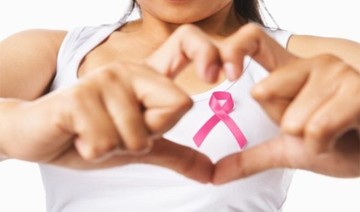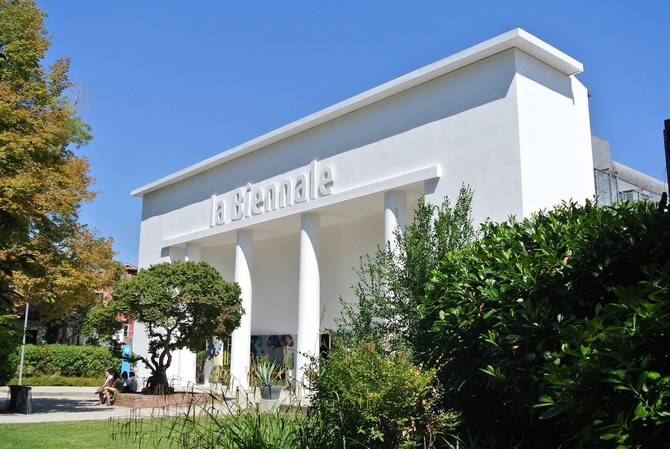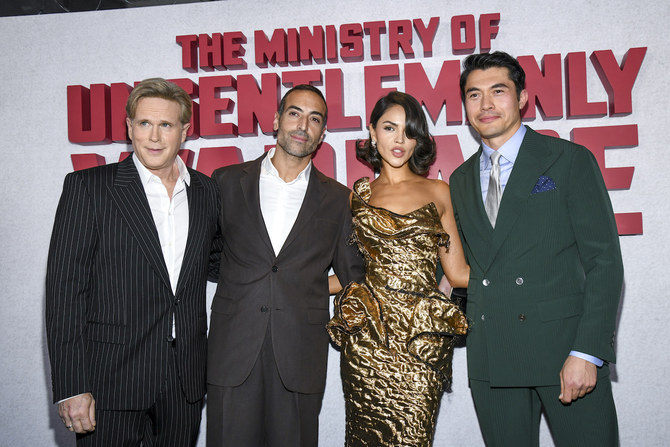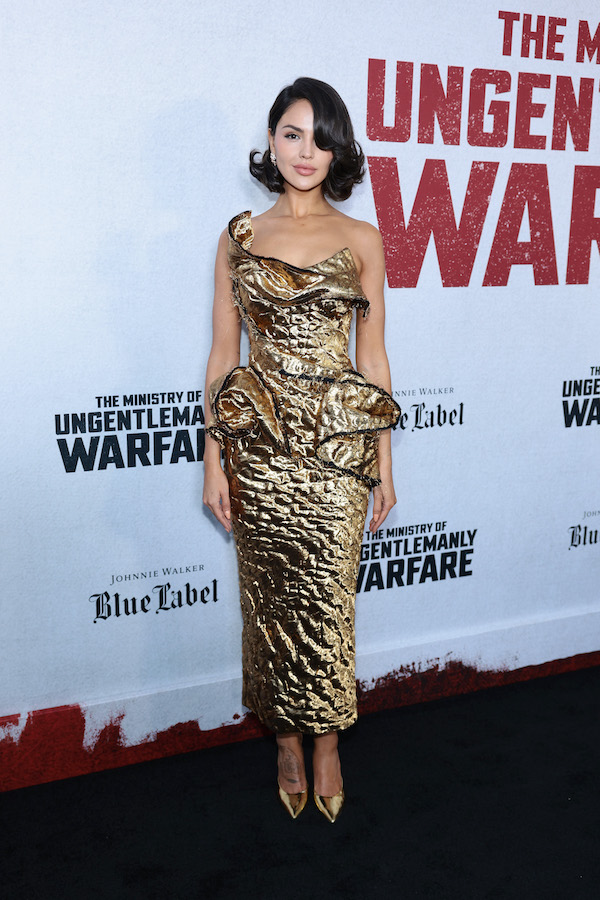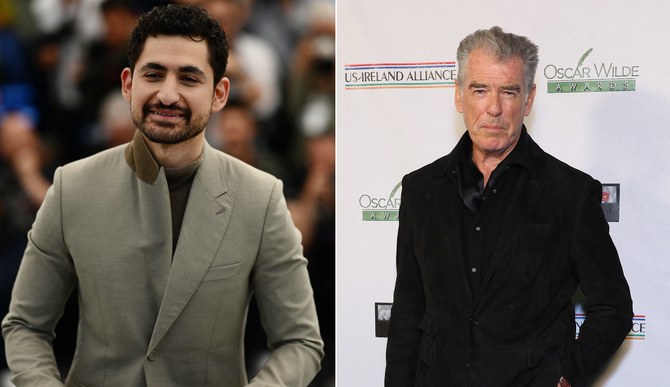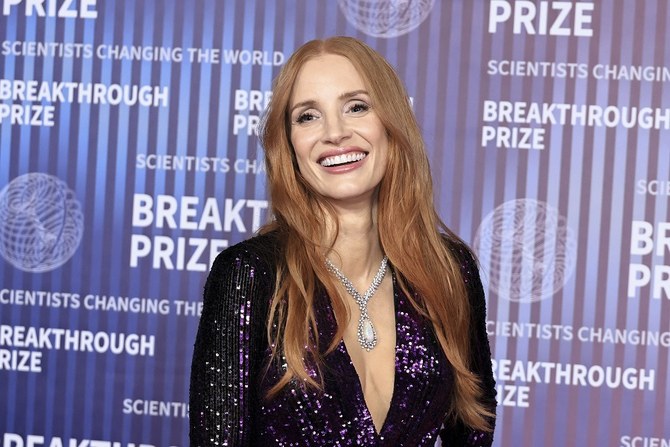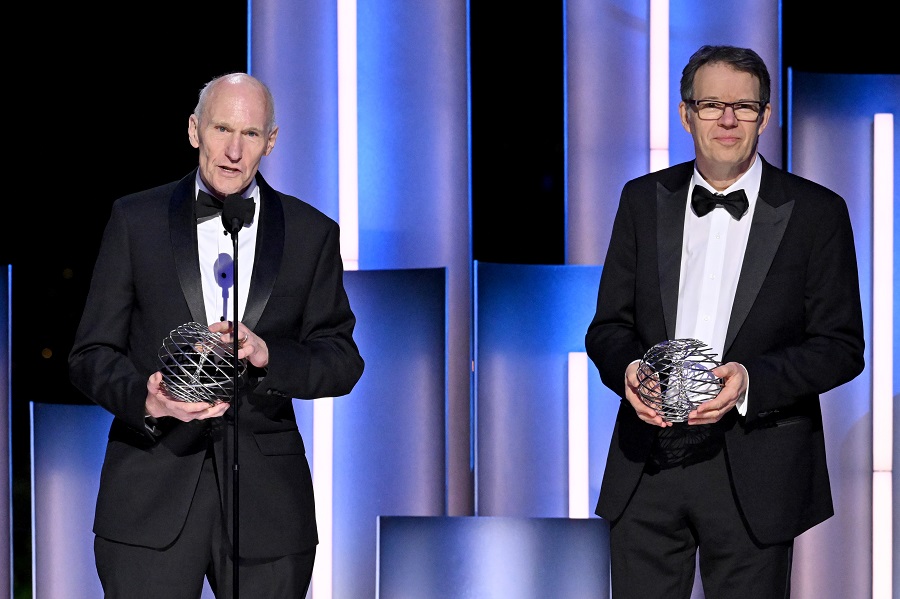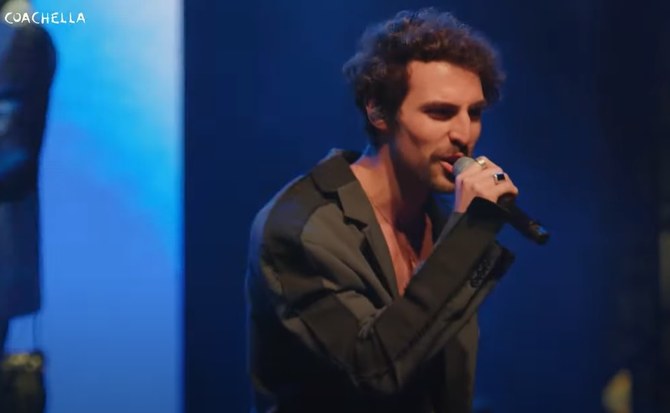DUBAI: The majority of women across the Kingdom and wider Middle East are failing to have routine, potentially life-saving, health screening for breast cancer. Cultural habits and stigmas in the region still surround tests for the disease, despite experts stressing that early detection brings a higher chance of full recovery.
October is Breast Cancer Awareness Month, a worldwide annual campaign to highlight the importance of awareness, education and research, involving thousands of global organizations. Each year, the associated “Go pink” campaign draws attention to this disease, its detection and its treatment.
From Oct. 1, iconic landmarks worldwide will be lit up in pink to mark the campaign’s launch, while survivors share their stories to raise vital awareness about the devastating disease.
Yet, according to the World Health Organization, breast cancer remains the most common cancer among women, affecting 2.1 million women each year. Millions more — survivors of this disease, their friends and families — are also living with its impact.
“Breast cancer is the most prominent cancer in the region, and this cancer will progress in the coming years,” warned Dr. Slim Slama, regional adviser for the prevention of noncommunicable diseases at the WHO regional office for the Eastern Mediterranean. “This cancer will form a major part of countries’ health-response programs and more needs to be done to address this issue.”
The disease also causes the greatest number of cancer-related deaths among women. So far in 2018, it is estimated that 627,000 women have died from breast cancer — about 15 percent of all cancer-related deaths among women. 
Across the Middle East, breast cancer is the most common female cancer, according to the Susan G. Komen organization — the largest breast cancer organization in the US. Yet, according to the charity, many of those affected in the region do not seek medical care immediately. As a result, the Middle East has high rates of late presentation.
Slama told Arab News that, while screening is important, the most integral part of tackling the disease is ensuring uptake. He said studies show that only 10 percent of women targeted during screening awareness programs across the Middle East actually attended an appointment for a routine breast exam.
“The first problem is that women need to come and get checked,” he said. “We have to detect early. We have to ensure participation in these programs. Because if you detect someone at stage one you (probably) save her life. If you get someone at stage three or four, it is not only costly in terms of treatment but you may not save that person at all.”
Breast cancer has four stages of severity, defined by the prevalence and size of the lymph nodes and tumors. Catching it at the crucial first stage means the chance of survival is between 95 and 100 percent.
Slama said at the first ever “War on Cancer” Middle East conference held in the UAE in March, global experts discussed regional approaches to tackle forms of the disease, including breast cancer.
“The problem with the Middle East — including in the Kingdom — is that there are a lot of different awareness initiatives, but there has been no proper analysis in terms of impact,” he said. “In Saudi Arabia, as in the wider Middle East, participation in screening is very low. You can have the best treatment and centers available, but if you do not get women to seek screening then you are not capturing what you need to capture.”
Slama cited cultural perception of health prevention as a major issue. In contrast to the West, people in the Middle East tend to seek treatment after a diagnosis, or once a condition has developed, rather than embrace preventative practices.
“Another issue is stigma — in terms of the ability to discuss health problems, the ability to teach our to providers and also shifting away from the perception that this is ‘fate’ or ‘God’s will,’” he said. “There needs to be a cultural shift. There needs to better understanding and awareness, and a focus on building people’s trust and understanding about why early detection and preventative care is so important. But, as yet, it is not there.”
He added that improving technical capacity and quality control systems and, most important, ensuring timely access to treatment, including preventative care, surgical care radiotherapy and other medical treatment, is vital to reducing cancer rates.
“Access is not available in all countries,” he said. “We don’t have a systemic view to how we treat cancer. We have a piecemeal approach.”
Dr. Marwa Awad Mohamed Eltantawy, a radiology specialist at Abu Dhabi’s Medeor Hospital, said breast cancer “is very common in the Middle East,” and that “a large number of families in the Middle East have one or more of their members affected.”
Eltantawy believes this is because of a lack of awareness about the importance of regular screening.
“I don’t think enough women are doing mammograms on a regular basis,” she said. “In the Middle East, as yet, we do not have enough education about the importance of breast imaging and screening without having an already established disease. We definitely need more awareness.”
A 2017 study, “Breast cancer in Saudi Arabia and its possible risk factors,” found there was a “substantial rise in the incidence of breast cancer in Saudi Arabia in recent years, particularly among younger females compared to affected females in Western countries.”
According to the report’s chief author, Dr. Bassam Ahmed Almutlaq of the College of Medicine, University of Hail, Saudi Arabia, more awareness and education is needed across the Kingdom to address critical “gaps in knowledge.”
Researchers from another study, 2015’s “Breast Cancer Screening in Saudi Arabia: Free but Almost No Takers,” found that, of the 10,735 participants, about 89 percent reported not having a clinical breast exam in the past year, while 92 percent reported never having a single mammogram. The study found “very low rates of breast cancer screening in the Kingdom of Saudi Arabia, a country with free health services.”
Mammograms and ultrasounds can detect changes in the breast years before a woman notices any irregularities. International guidelines recommend women should have a mammogram every year once they reach the age of 40.
The risk factors for breast cancer include being overweight, lack of exercise, smoking and eating unhealthy food. Women with close relatives who have been diagnosed with breast cancer also have a higher risk of developing the disease, while the risk also increases with age.
According to the WHO, while breast cancer rates are higher among women in more developed regions, rates are increasing in nearly every region globally.
Dr. Archana Ashtekar, an obstetrics and gynecology specialist at Abu Dhabi’s Bareen International Hospital, said the chance of a woman developing breast cancer up to the age of 85 is about one-in-eight worldwide.
“It is a major public health concern with incidences of the disease steadily increasing every year,” she said. “Performing regular breast self-exams and knowing the risks can help reduce the number of breast cancer cases.
“When breast cancer is detected early, women have a much greater chance of being treated successfully and, for most women, the cancer will not return after treatment.”
Ashtekar said women of all ages should become familiar with the normal look and feel of their breasts and be proactive about their health by performing regular self-breast examinations and scheduling regular mammograms, depending on their age and health condition.
She explained that cancerous lumps are irregularly shaped with a gritty surface like a golf ball. Malignant tumors will also be difficult to move.
“If you feel a lump, schedule an appointment with your doctor, who might suggest an ultrasound or mammogram,” she said. “Although self-breast exams are important, they should not take the place of routine clinical breast exams and mammograms by your doctor.”




